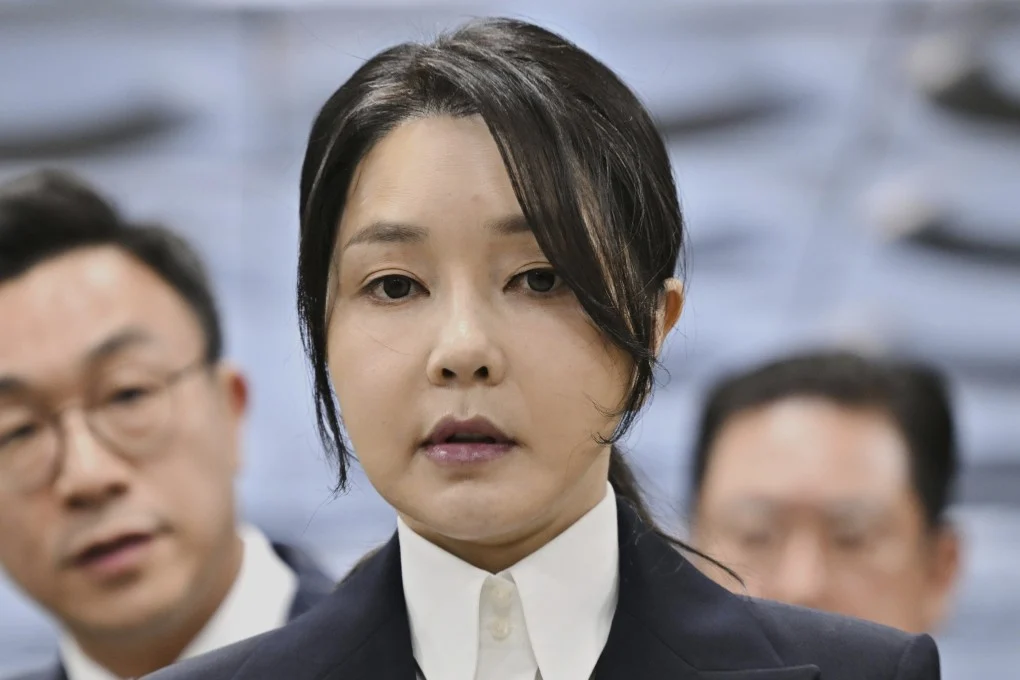South Korea is entering uncharted political waters after former first lady Kim Keon-hee, the wife of ousted ex-president Yoon Suk Yeol, was formally indicted on charges of bribery, stock manipulation, and violations of political funding laws. It is the first time in the nation’s history that a first lady has faced such criminal charges.
Kim, who has been held in detention since mid-August, is accused of profiting from a stock manipulation scheme that allegedly brought her more than half a million dollars over a decade ago. Prosecutors also say she received luxury gifts, including jewelry and handbags, worth tens of millions of won from influential figures, including a businessman linked to the Unification Church.
The indictment comes against the backdrop of South Korea’s ongoing political crisis, sparked by Yoon’s controversial declaration of martial law last December. That move, which briefly suspended democratic order, plunged the country into turmoil and led to a sweeping investigation into the former president’s inner circle.
The special prosecutor’s office, established by the new liberal administration under President Lee Jae-myung, has already charged dozens of former officials connected to Yoon. Among them are ex-cabinet ministers and senior aides accused of conspiracy, falsification of documents, and even abetting insurrection.
Read More; Algeria To Champion African Unity At Trade Fair
Kim, however, has denied all wrongdoing. In a statement through her legal team, she said she would attend trial “without excuses,” criticizing the media for treating unproven suspicions as established facts. Despite her defiance, the weight of history looms large—she is the first former first lady in South Korea to be arrested and indicted, a fact that has shaken the nation’s political establishment.
Observers say the case represents more than just one woman’s legal battle. It has reopened debates over political privilege, corruption, and the culture of unchecked influence within the presidential office. “She acted freely without any meaningful oversight,” one analyst noted, pointing to the weak safeguards around family members of top leaders.
The scandal has also intensified public debate over how fragile South Korea’s democratic institutions can be when tested by political crises. For many, the unfolding trial of Kim Keon-hee is not just about personal accountability—it is a test of whether the nation can draw a firm line between private power and public duty.







